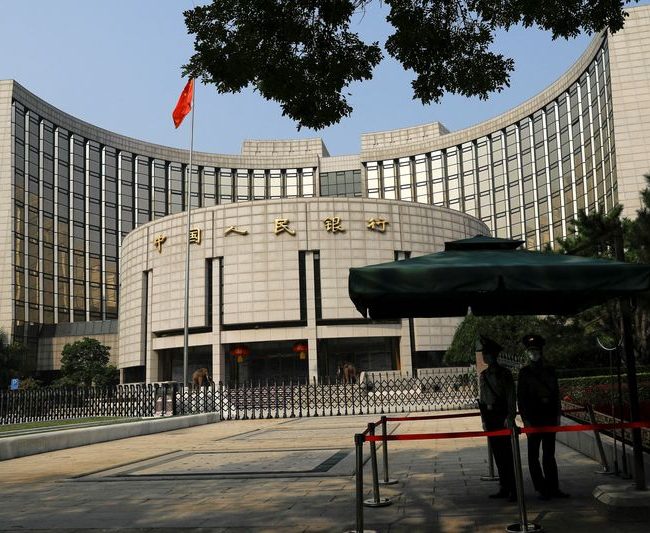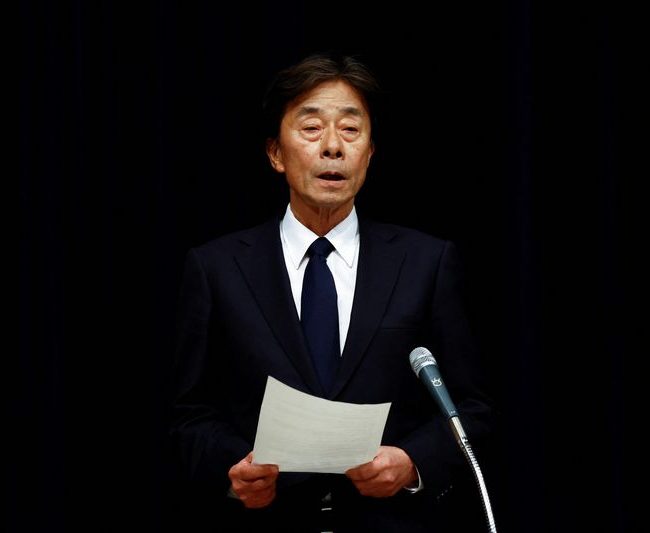
US consumer sentiment ebbs in January; 12-month inflation expectations rise

WASHINGTON (Reuters) – U.S. consumer sentiment weakened in January for the first time in six months amid worries about the labor market and potential higher prices for goods if President Donald Trump’s new administration presses ahead with planned tariffs on imports.
The University of Michigan said on Friday that its Consumer Sentiment Index fell to 71.1 this month from a preliminary reading of 73.2 and 74.0 in December. Economists polled by Reuters had expected an unchanged reading. The final survey was closed on Monday, the day when Trump was inaugurated for a second term as president.
The decline in sentiment was broad-based and seen across income, wealth and age groups.
“Despite reporting stronger incomes this month, concerns about unemployment rose,” Joanne Hsu, the director of the University of Michigan’s Surveys of Consumers, said in a statement. “About 47% of consumers expect unemployment to rise in the year ahead, the highest since the pandemic recession.”
Consumers’ one-year inflation expectations were at 3.3%, unchanged from the preliminary estimate, but up from 2.8% in December. The 12-month inflation expectations are now above the 2.3%-3.0% range seen in the two years prior to the COVID-19 pandemic.
Long-run inflation expectations were at 3.2%, revised down from a preliminary reading of 3.3% and up from 3.0% in December.
“Concerns over the future trajectory of inflation were visible throughout the interviews and were tied to beliefs about anticipated policies like tariffs,” Hsu said.


